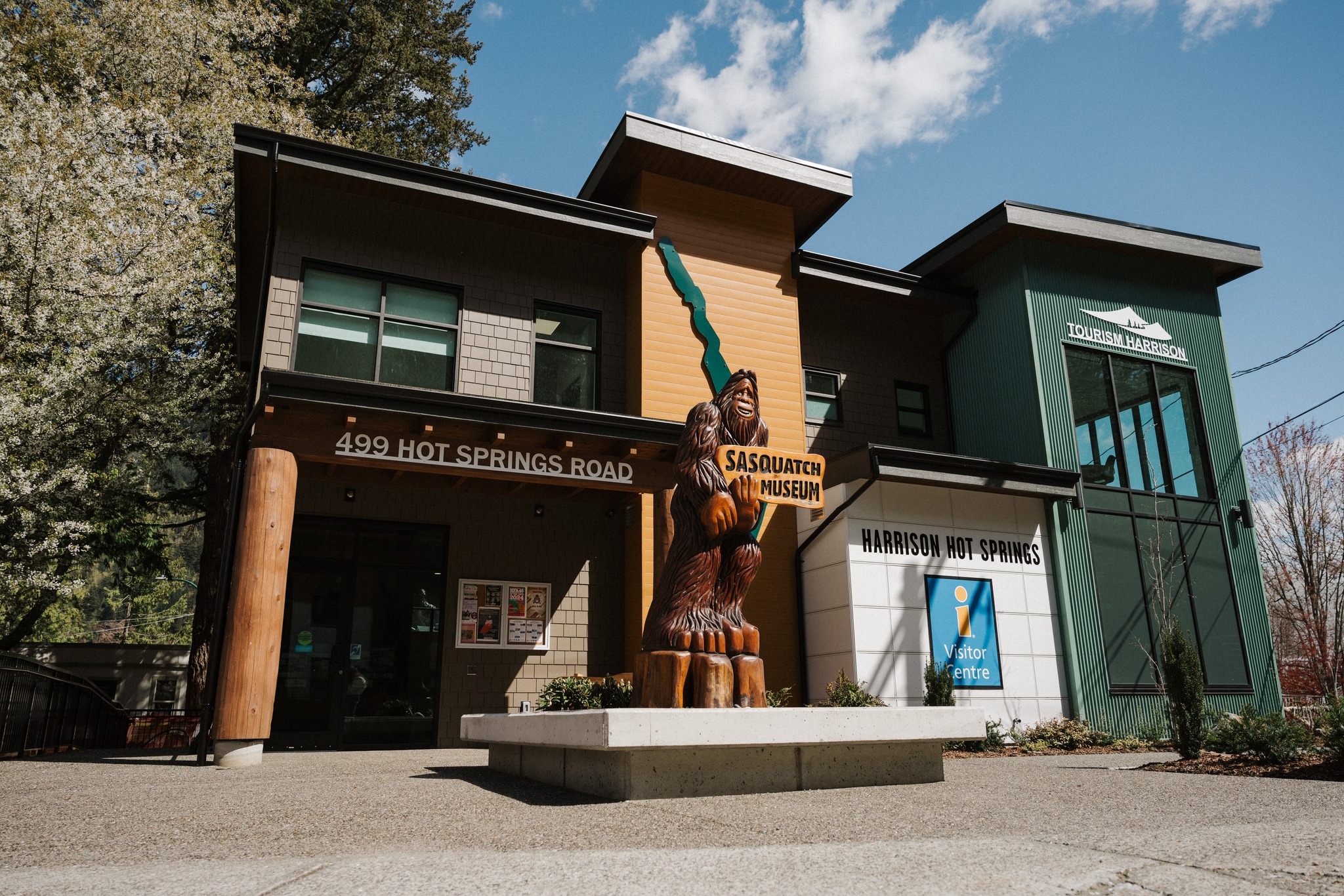Fraser Valley (Ishan Shah) – Ishan Shah is known as @Lmainwx from Twitter. Ishan is a Grade 10 student living in Coquitlam. He is very interested in weather and nature and is aspiring to be a meteorologist after high school. He enjoys writing articles about weather and other subjects.
The heatwave last week in the Pacific Northwest was truly record-breaking and would have been entirely impossible without climate change. Oxford University’s Environmental Change Institute reported that “A heatwave of this intensity should occur once every 1000 years”.
Lytton surpassed the all-time single-day temperature record for all of Canada on June 27th while surpassing this record the next day, and finally setting the mark at 49.6C on June 29th. This broke the previous record of 45C set in July 1937 by two small towns in Saskatchewan. The following day, the village of Lytton was evacuated and swept over by a wildfire aided by the extreme heat and dryness. It is estimated that only about 10% of Lytton remains untouched by the devastating fire.
The village of Lytton, however, was not the only place to receive extreme heat in the Pacific Northwest, as Ashcroft, Kamloops, Lillooet, Grand Forks, and Osoyoos all reached above 45C. Almost 90% of climate data stations broke their all-time heat record in British Columbia. The record-breaking heat reached as far as Manitoba and Northwest Territories with almost a hundred records for all-time temperatures across 4 provinces and 2 territories. Washington, Oregon, and even Idaho had huge effects from the heatwave as well Seattle, Portland, Spokane, and almost every single city in these states breaking their all-time temperature record. The fact that this heatwave occurred in June, the 3rd warmest month of the year in BC and still managed to destroy heat records across the board is truly insane. Abbotsford, for example, records an average high in June of 20.8C but on June 28th had a scorching high of 42.9C. This means that the heat anomalies in the Fraser Valley were upwards of 20C above normal.
The World Meteorological Association believes that heatwaves like this will become more common. Surviving these extreme conditions means remembering to drink water, avoiding over-exerting yourself and staying inside. As a global citizen living in the world of climate change, you should invest time to learn about what climate change is, and the ways you can help prevent and reduce future destruction.













